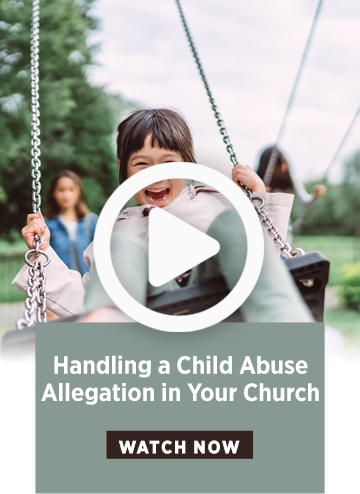• Key point. In some states church employees (whether ministers or not) are ineligible for unemployment benefits.
A Pennsylvania court ruled that a cook and three nurses aides who were dismissed when a church—operated nursing home closed were not eligible for unemployment benefits. The Roman Catholic Diocese of Pittsburgh closed a small nursing home because it was costing the Diocese too much to operate. Four employees who were dismissed when the facility closed applied for unemployment benefits. A court ruled that the employees were not eligible for unemployment benefits. Pennsylvania law provides that the following categories of employment are exempt from unemployment benefits: Service performed in the employ of (i) a church or convention or association of churches or (ii) an organization which is operated primarily for religious purposes and which is operated, supervised, controlled or principally supported by a church or convention or association of churches. The court concluded that service performed for a nursing home operated by the Diocese qualified for the exemption. The court noted that a statute should not be strictly construed when there is a strong possibility that [it] infringes upon a party’s right to the free exercise of religion. The court concluded that applying unemployment law to the Diocese would infringe upon its constitutional rights:
EXT Here, imposition of the law upon the Diocese would mean added tax liability for the Diocese, increased record keeping for the Diocese and required participation in eligibility hearings for former employees. These indirect financial burdens could escalate the cost of ministry to the point where the Diocese could no longer practice its religion by providing assistance to poor and elderly persons through personal care facilities. Thus, because of the risk of infringement upon the first amendment rights of the Diocese here, we are not inclined to strictly construe [the unemployment law] against the Diocese.
The court noted that the United States Supreme Court, in interpreting the federal unemployment law (which is similar to the Pennsylvania statute), observed that a church—related but separately incorporated charitable organization, such as an orphanage or nursing home, would not be considered to be operated primarily for religious purposes. St. Martin Evangelical Lutheran Church v. South Dakota, 451 U.S. 772 (1981). The Pennsylvania court concluded: “Thus, the Court drew a distinction between employees of a church and employees of church—related but separately incorporated organizations. Here, because [the nursing home] was not a separately incorporated legal entity but, rather, was under the direct control of the Diocese, we conclude that the Diocese operated [the facility] primarily for religious purposes.” As a result, its former employees were not eligible for unemployment benefits. Verdicchia v. Unemployment Compensation Board, 657 A.2d 1341 (Pa. Common. 1995). [ Unemployment Taxes and Churches]
© Copyright 1996, 1998 by Church Law & Tax Report. All rights reserved. This publication is designed to provide accurate and authoritative information in regard to the subject matter covered. It is provided with the understanding that the publisher is not engaged in rendering legal, accounting, or other professional service. If legal advice or other expert assistance is required, the services of a competent professional person should be sought. Church Law & Tax Report, PO Box 1098, Matthews, NC 28106. Reference Code: m76 c0396




